Revisiting EFSA@EXPO: What does the future hold for assessment science?
The opening session set the scene for the conference. What is the role of scientific advice for policy development in the context of societal decision-making? The four keynote speakers reflected on recent developments that affect how assessment science is carried out today. The themes raised in this session provided a basis for discussions that took place in the break-out sessions of the subsequent two days.
How can history help us deal with food safety today?
Sheila Jasanoff of Harvard University started by showing that safety of food and drink are among mankind’s most ancient concerns, with references found in the Bible. What can today’s science-based approach to food safety assessment take away from the historical experience, she asked. Jasanoff then looked at four guiding principles that should underpin the assessment of food safety. Watch her explain this approach.
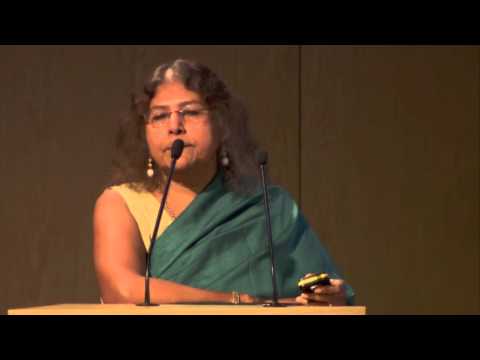
Presentation: PDF | Slideshare
Science and innovation vs democracy and public values
Climate change, environmental pressures, rising populations, changing diets and globalisation provide the background against which current debates take place on the management of risk in the area of food safety. According to Andrew Stirling of Sussex University, participants in this debate assert an apparent tension between science and innovation on the one hand and democracy and public values on the other. Stirling argued that such assertions are misleading and suppress open political debate and obstruct socially effective innovation. So, what can be done to address today’s challenges?
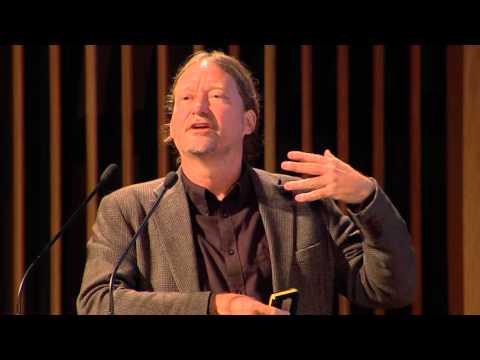
Presentation: PDF | Slideshare
Translating science into policy: an example
The second part of the opening plenary session provided the stage for practical insights on the translation of science into policy. Nigel Walker of the National Institutes of Health in the United States showed how scientific research conducted at the US National Toxicology Program (NTP) has impacted on policy development over the last three decades. He also introduced new approaches in the NTP’s work, illustrated by the example of Tox21, a project to develop better and more efficient toxicity The potential of a substance to cause harm to a living organism assessment methods.
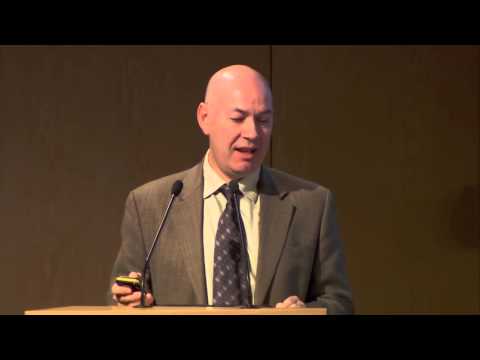
Presentation: PDF | Slideshare
Putting science into context
“Our food is extraordinarily safe,” were the opening words of Sir Mark Walport, Chief Scientific Adviser to the UK Government. He added the caveat that “The safer we become the more risk-averse we become” before sharing some of his experiences with providing scientific support for effective policy development. Revisiting many of the earlier discussion points, Sir Mark stressed the importance of putting science into context. He called risk a societal issue which needs a wider conversation to help us understand the different values, benefits and views.
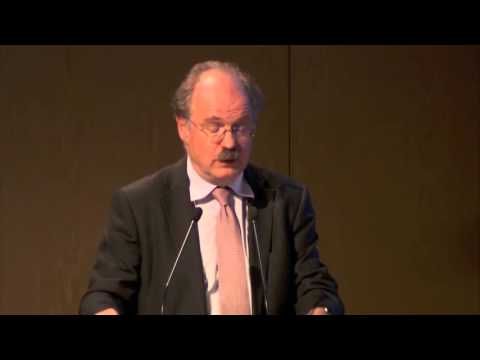
Presentation: PDF | Slideshare
Moderated Panel Discussion
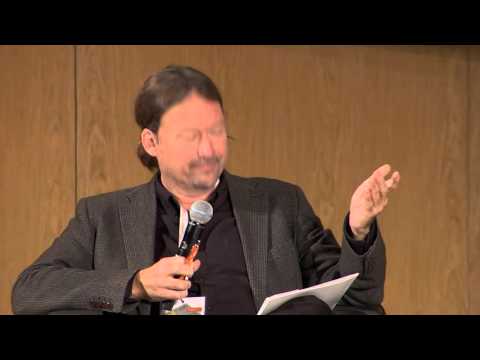
How to contact us
EFSA Media Relations Office
Tel. +39 0521 036 149
E-mail: press [at] efsa.europa.eu (Press[at]efsa[dot]europa[dot]eu)
(Only if you are a member of the press)
Ask a Question Service
You have a question about EFSA’s work? Contact our Ask a Question service!